Deputy Ombudsman Dijana Možina Zupanc at the meeting of the European Network of National Human Rights Institutions
The European Network of National Human Rights Institutions (ENNHRI), of which the Republic of Slovenia's Human Rights Ombudsman is a member, held its General Assembly meeting in Brussels on 19 and 20 November 2025. The network, which comprises 52 national institutions from across Europe, discussed the key challenges that countries are facing in relation to human rights, democracy, and the rule of law. The Slovenian institution was represented at the General Assembly by Deputy Ombudsman Dr Dijana Možina Zupanc.
Participants adopted ENNHRI's new strategic plan for 2026–2030. This plan further defines the network's three strategic objectives: strengthening robust and resilient national human rights institutions in line with the United Nations Paris Principles; supporting national human rights institutions in raising awareness of, and promoting the implementation of, human rights, democracy, and the rule of law; and guiding ENNHRI to operate as a sustainable, solidarity-based network ready for future challenges. The discussion also focused on the need for a more systematic approach to helping members achieve A status, which is the highest accreditation standard under the United Nations principles. In this context, participants emphasised the need for closer cooperation between national institutions, European and international organisations, and civil society. They agreed that a joint approach is essential to effectively respond to contemporary challenges such as social polarisation, restrictions on civil society and human rights, and the consequences of the war in Ukraine, the climate crisis and the impact of new technologies.
At a time when Europe is facing challenges ranging from wars to climate change and digital transformation, the role of independent human rights institutions is more important than ever, said Deputy Ombudsman Dr Dijana Možina Zupanc. “These institutions are a bridge between the authorities and the people. We highlight shortcomings, promote respect for human dignity, and seek to create a more inclusive and just society,” she said, calling for the role of ENNHRI to be further strengthened. Through its initiatives, exchanges of practices, and joint advocacy, ENNHRI is an important voice for national human rights institutions in Europe. She added that national human rights institutions can only effectively carry out their mission if they are independent, professionally supported and adequately funded. This is the only way to ensure credible oversight of respect for human rights and the rule of law in their countries.
Dr Simona Drenik Bavdek, Assistant Head of the Human Rights Centre at the Ombudsman, member of the ENNHRI Management Board and Co-Chair of the Network's Legal Working Group, and Jerneja Turin, analyst at the Human Rights Centre, who chairs the ENNHRI working group on the Convention on the Rights of Persons with Disabilities, also actively participated in the General Assembly.
A partner event entitled 'Strategic Partnerships for ENNHRI’s new Strategic Chapter' was held on the sidelines of the General Assembly. Participants discussed joint strategic responses and the formation of partnerships to strengthen human rights, democracy, and the rule of law, together with high-level representatives of the UN, the Council of Europe, the European Commission, and the EU Agency for Fundamental Rights. Dr Drenik Bavdek moderated a discussion on partnerships with the EU in response to key challenges in the fields of human rights, the rule of law, and democracy.






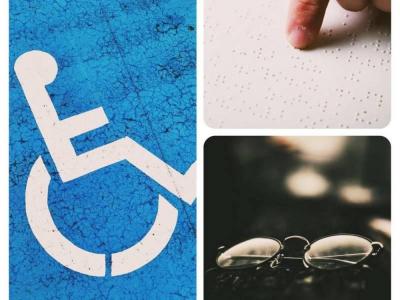





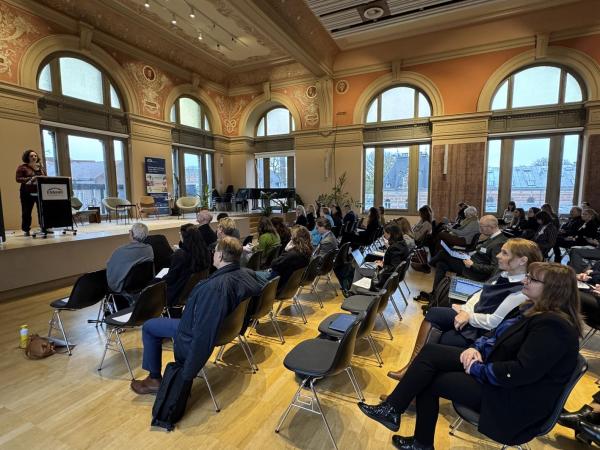
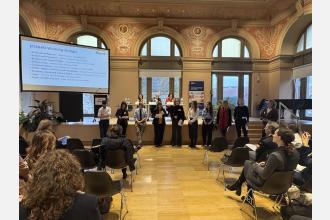
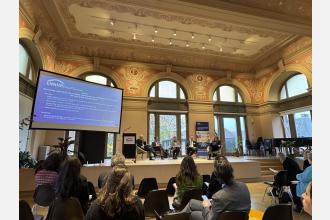
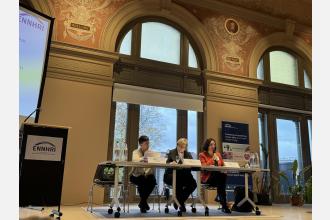
 Back
Back 






